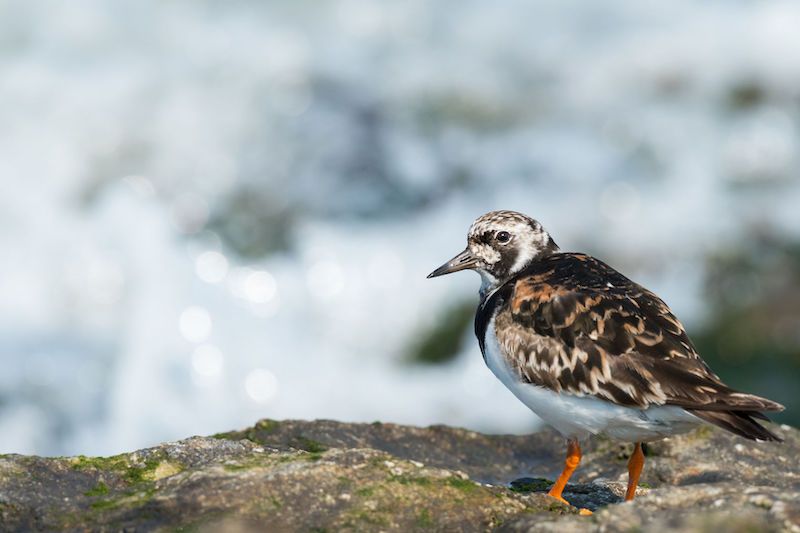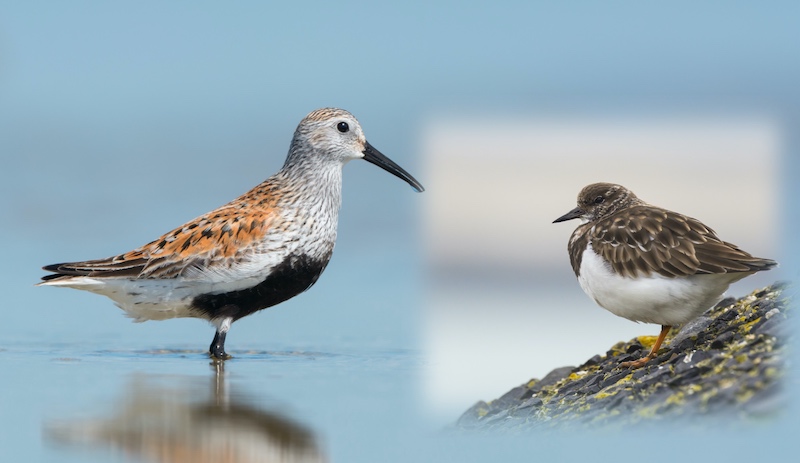

Beach users at Richmond are being asked to follow a voluntary dog ban, in a bid to save a declining shorebird species from the brink of extinction.
The last 40 years have seen a 90% decline in observations of turnstones and dunlin on Guernsey’s beaches, while other shorebirds have seen a similar decline.
Studies have suggested that dog walkers cause a significant amount of disturbance for birds, which can result in reduced feeding time and increased energy use, leading to lower survival rates in winter.
“Species are to ecosystems what rivets are to planes,” said a States spokesperson. “Losing a few makes little difference, but if enough are removed the plane will crash. Once species are lost from the island, it is very difficult to get them back.”
Shorebirds can maintain the diversity of other organisms, control pests and be indicators of environmental health and potential disease outbreaks. As they migrate across borders to many other countries, the loss of local shorebirds will be felt internationally.

Pictured: A voluntary dog ban has been introduced near Richmond to protect declining numbers of shorebirds
Members of the community are being asked to adhere to the following measures over the winter:
“The long term declines recorded in many local species is alarming,” said Jamie Hooper of La Société Guernesiaise. “The easiest way we can all help is to avoid needlessly disturbing birds as they feed and rest on our beaches.
“We would encourage the public to spare a thought for our vulnerable wildlife and to keep a reasonable distance.”
Comments
Comments on this story express the views of the commentator only, not Bailiwick Publishing. We are unable to guarantee the accuracy of any of those comments.